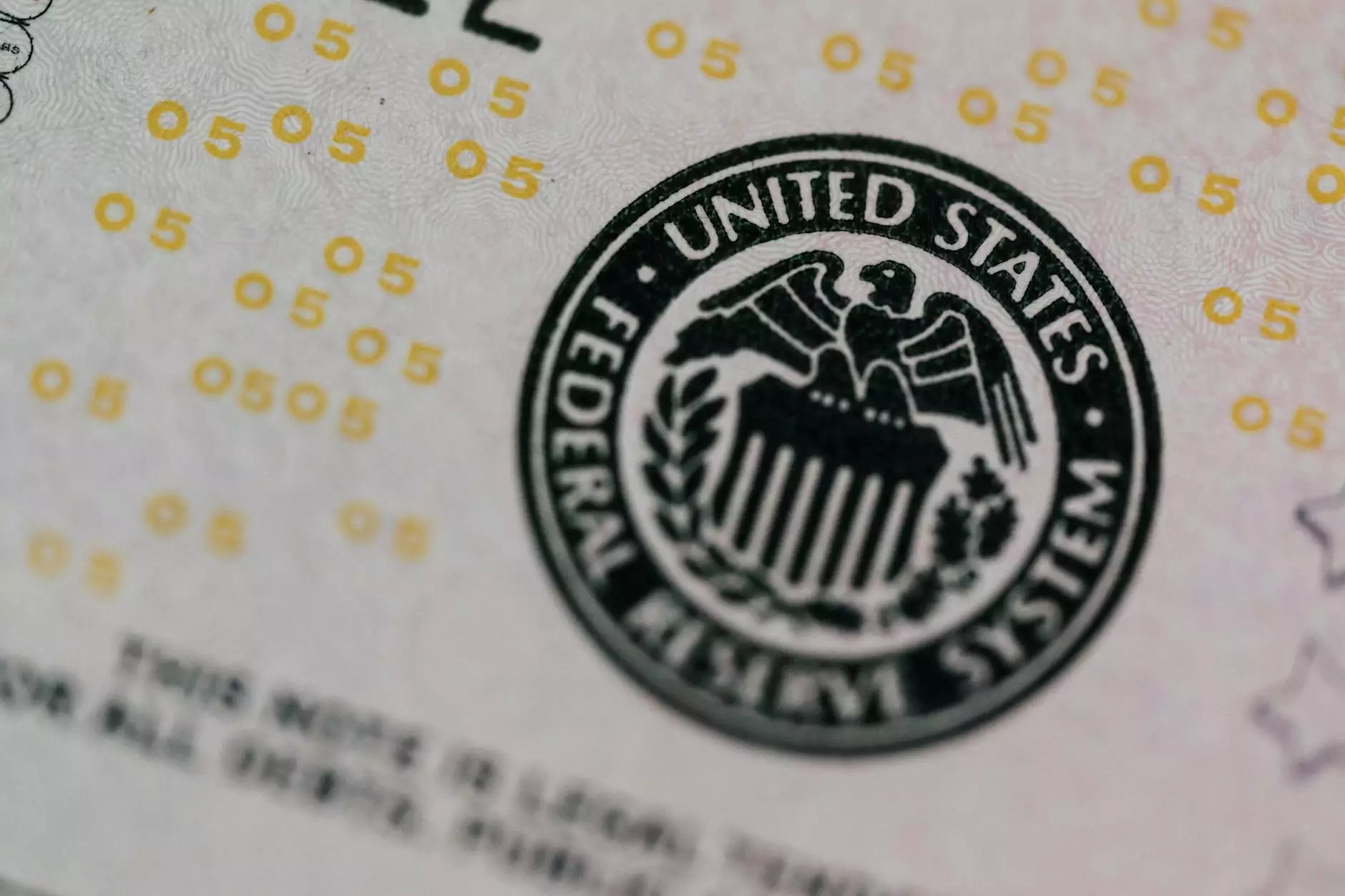Fixed vs Variable Mortgage Rates: Which is the Best for You?
SEO Services
Welcome to SEO Studios, your go-to resource for all things related to mortgage rates and loans. In this comprehensive guide, we will delve into the differences between fixed and variable mortgage rates to help you make an informed decision on what type of loan might be the best fit for your financial situation.
Understanding Fixed Mortgage Rates
A fixed-rate mortgage is a loan where the interest rate remains constant throughout the term of the loan. This means that your monthly payments will stay the same, providing you with predictability and stability in your budgeting. Fixed-rate mortgages are ideal for individuals who prefer consistency and want to avoid the risk of fluctuating interest rates.
One of the main advantages of a fixed-rate mortgage is that it shields you from potential increases in interest rates, offering peace of mind and financial security. However, it's important to note that fixed-rate mortgages may come with slightly higher initial interest rates compared to variable-rate mortgages.
Exploring Variable Mortgage Rates
On the other hand, a variable-rate mortgage (also known as an adjustable-rate mortgage) has an interest rate that can change periodically based on market conditions. Variable-rate mortgages often start with lower initial interest rates than fixed-rate mortgages, making them attractive to borrowers seeking lower monthly payments at the beginning of their loan term.
While variable-rate mortgages offer the potential for lower initial costs, they also come with the risk of interest rate fluctuations. If interest rates rise, your monthly payments could increase, leading to uncertainty in your budgeting. It's important to assess your risk tolerance and financial goals when considering a variable-rate mortgage.
Comparing the Pros and Cons
When deciding between a fixed and variable mortgage rate, it's crucial to weigh the pros and cons of each option to determine which aligns best with your financial objectives. Here are some key considerations:
Fixed Mortgage Rates - Pros:
- Stable monthly payments
- Protection against interest rate hikes
- Predictable budgeting
- Peace of mind
Fixed Mortgage Rates - Cons:
- Higher initial interest rates
- Limited potential for interest rate decreases
- May be less cost-effective if planning to move in the near future
Variable Mortgage Rates - Pros:
- Lower initial interest rates
- Potential for interest rate decreases
- Initial lower monthly payments
Variable Mortgage Rates - Cons:
- Risk of interest rate increases
- Uncertainty in budgeting
- Higher overall costs if rates rise significantly
Final Thoughts
Ultimately, the decision between a fixed and variable mortgage rate depends on your individual financial circumstances, risk tolerance, and long-term goals. It's advisable to consult with a qualified mortgage advisor or financial planner to assess your options and determine which type of loan is the most suitable for your needs.
At SEO Studios, we are committed to providing valuable insights and guidance to help you navigate the complex world of mortgage rates and loans. Stay informed, make informed decisions, and secure your financial future.









